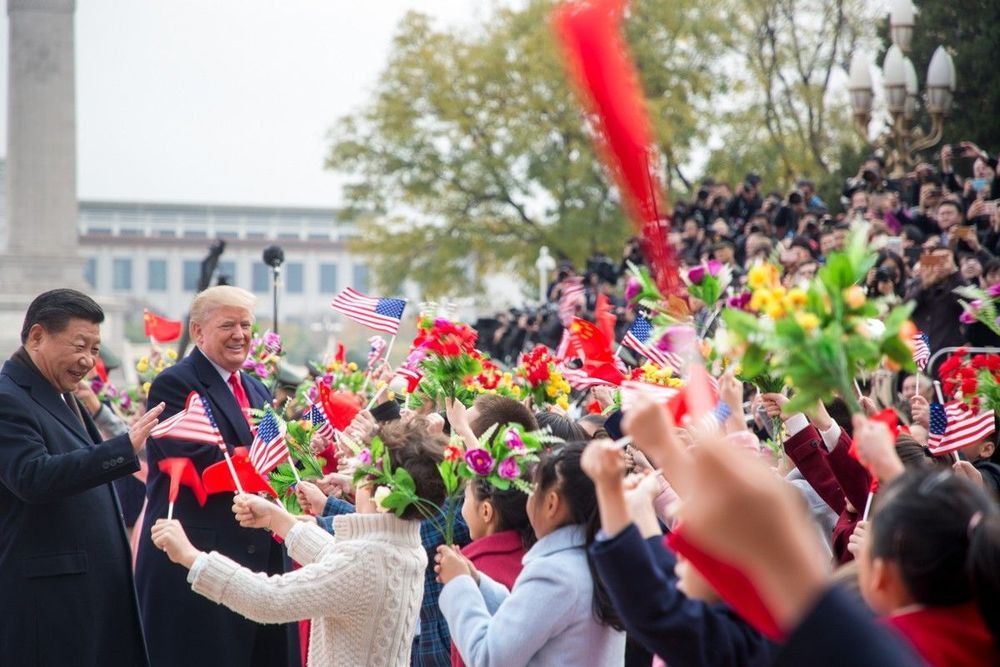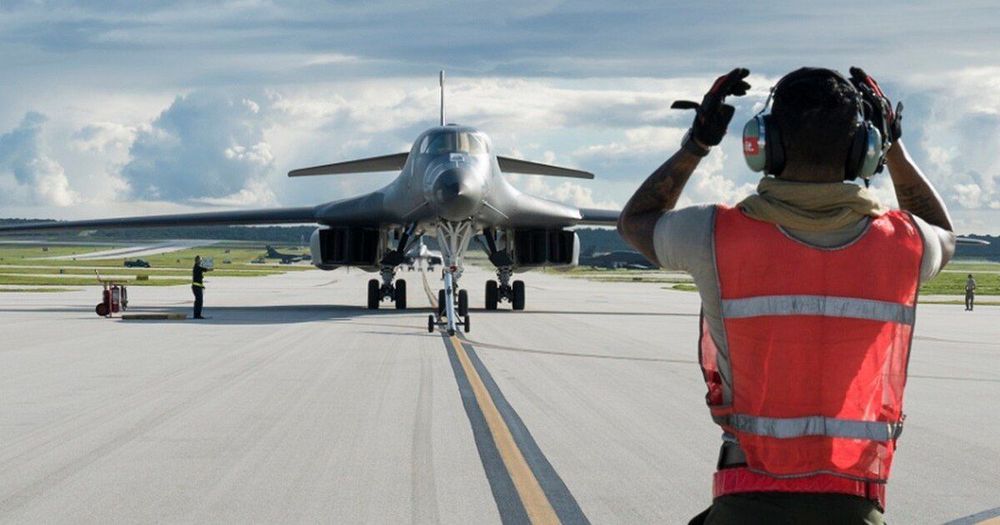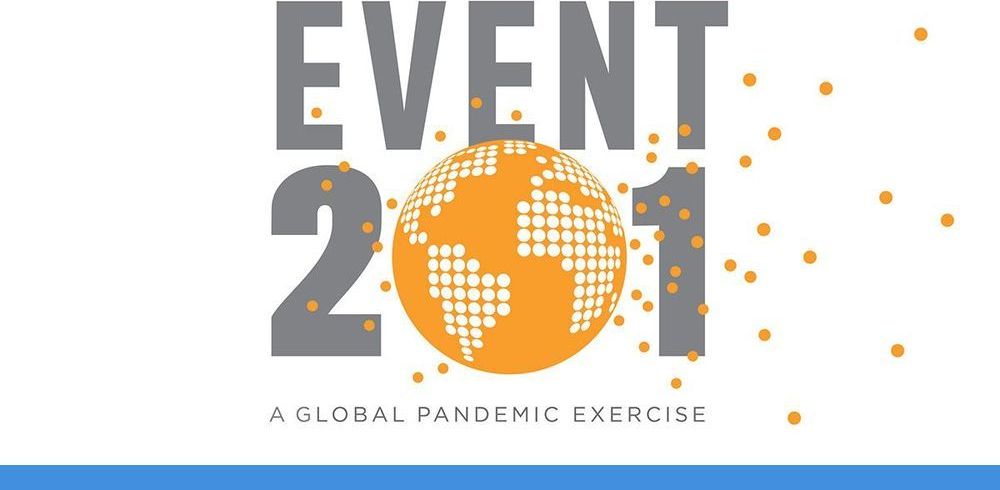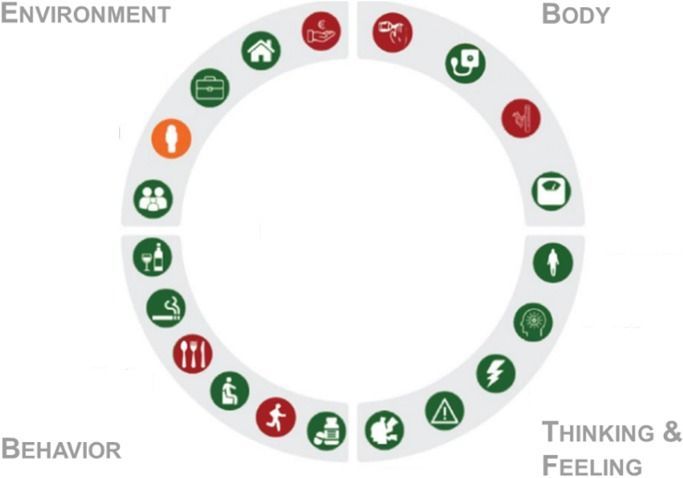Over at the always interesting Small Wars Journal, Tony Corn has a stimulating piece on the implications of the European crisis for world politics. He sees a clueless German policy establishment recklessly moving toward an unsustainable quest for power reminiscent in too many ways of problems Germany has had in its past.
Germany, warns Corn, is planning to use its financial domination of Europe to remake the EU into an extension of German power — more or less the way that Prussia used the Zollverein to bring northern Germany under its control and then dominated the Bismarckian Reich through a rigged constitutional system. Once that is in place, he writes, the Germans will continue their policy of deepening relations with Russia at the expense of NATO and transatlantic ties, and end Europe’s embargo on arms sales to China.
As an analyst, Corn sometimes goes to what we more placid types at VM consider overexcited conclusions about Eurasian power realignments. Safely ensconced among the storied oaks and elms, gazebos, pergolas, ha-has, follies and deer parks surrounding the stately Mead manor in glamorous Queens, we tend to take a wait-and-see attitude toward organizations like the Shanghai Cooperation Organization which Russia and China have sometimes posited as a kind of embryonic counter-NATO. Corn, in our perhaps excessively complacent view, can be too quick to take vague Eurasian fantasies and aspirations about diplomatic revolutions as accomplished facts; it is easier to dream about firm Russian and Chinese anti-US cooperation than for those two countries to make it work. But that said, there is no doubt that Corn’s industry, historical grounding and sensitive, even over-sensitive nerve endings give him the ability to produce original and striking ideas.









